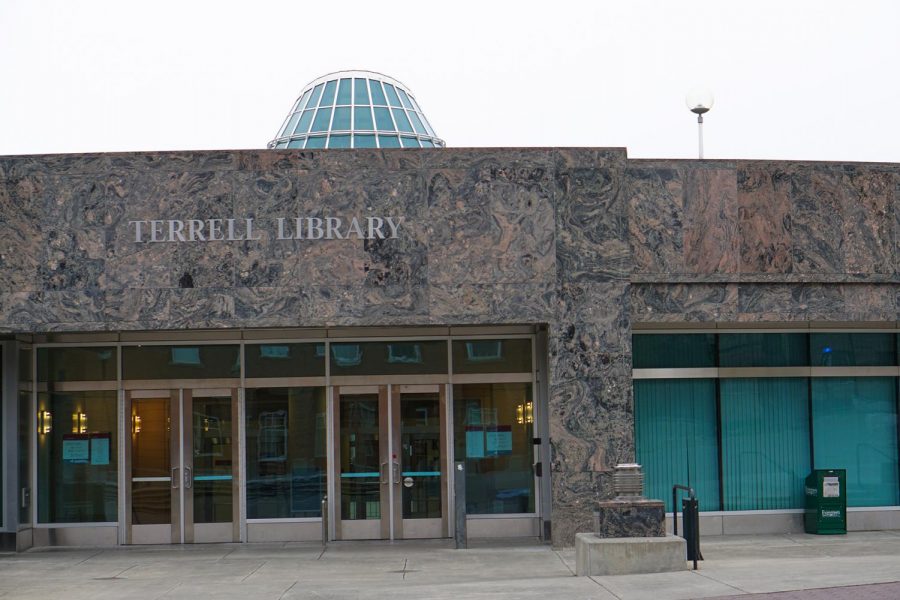New library funding saves academic journals
Amid spending cuts, WSU helps libraries afford subscriptions
HARRINA HWANG | DAILY EVERGREEN FILE
WSU Libraries received $500,000 from the university to retain their subscriptions.
April 8, 2018
With the cost of academic journal subscriptions rising every year and pressure to reduce spending, WSU Libraries were in a tight spot.
The libraries would not have been able to afford all the current academic journals and meet spending reduction requirements imposed on all the university’s units to curb a $30 million deficit.
“We would’ve cut $500,000 worth of journals,” Beth Blakesley, associate dean of libraries, said.
WSU Libraries received $500,000 in additional funding last semester, sparing them from having to cut the subscriptions. Blakesley said the university met the shortfall of their subscriptions to journal bundles.
Publishers bundle journal subscriptions together, allowing the buyer to purchase one at the regular rate or multiple at a lower price. Blakesley said publishers bundling their products together is a problem that has been brewing for a long time.
She said bundles make it difficult for the libraries to cut one or two journals students are not using. Subscribing only to the necessary journals would cost more than subscribing to a bundle, she said.
“When things move digital from paper,” Blakesley said, “that’s when we started kind of going down this road.”
Dean of Libraries Jay Starratt said the prices of bundles increase 6 to 7 percent every year and have been heading in that direction for a long time. Publishers work together, he said, which means they gamble with the idea that a library will not unsubscribe, but pay the hiked rate instead.
Subscriptions allow the library to have access to journals forever, Starratt said. However, he added that because they are on the publisher’s website, the library must continue paying a maintenance fee in order to make them accessible.
Joel Cummings, head of collection development, said cancelling major bundles would have been controversial and a disservice to students and faculty. Cummings said a majority of the libraries’ budget is spent on subscriptions to bundles.
“It’s hard to do things that you know are not in the best interests of students,” Cummings said. “We have to make these difficult financial decisions and it’s really hard to do that.”
Cummings said Schulz made a comment last semester that funding for the libraries needs to continue. According to a letter published by Schulz on July 31 last year, the $500,000 investment will continue to provide uninterrupted access to heavily-used journals.
The libraries are frugal with spending their budget and always hold money back in case there is a problem, Starratt added. They tend to leave positions vacant when possible, he said, which is where most of the flexibility in their budget comes from.
“I want to be in a position where I don’t have to fire anybody,” Starratt said.
Aside from retaining bundle subscriptions, the libraries plan to create more group study spaces similar to the Palouse Study Lounge in the future, Starratt said.
“Renovations are high on our list,” Starratt said. “We would like to do more of those kinds of things.”










